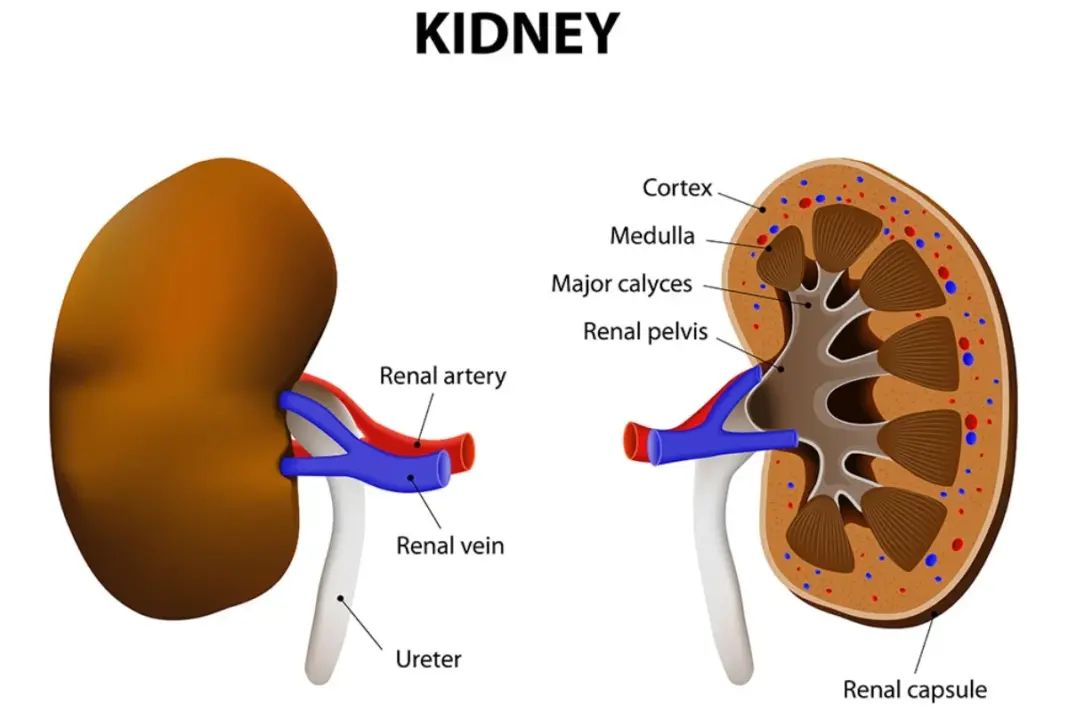Some warnings don’t arrive with sirens; they tiptoe in quietly, disguised as everyday discomforts. A little fatigue here, a strange ache there, and we brush them off. But what if those “normal” glitches signal far more than tiredness?
Our bodies often speak softly before trouble gets loud. One of the most overlooked organs in this silent conversation? Your kidneys and their distress signs are easier to miss than you think.
The Silent Alarm — Recognising Kidney Distress Early
When your body whispers before it cries for help, listening can make all the difference. InFocus Diagnostics shares five signs your kidneys may be in trouble.
Here are five warning signs your kidneys might be in trouble:
1. Changes in Urination: Blood, foam, or froth in urine, along with frequent or painful urination, may reveal early kidney damage symptoms. Dark or cloudy urine can also be an early kidney health warning sign.
2. Pain in Your Back or Side: Sharp or dull pain below the ribs often signals infection, stones, or polycystic kidney disease, all serious signs of kidney failure risk.
3. Swollen Ankles or Feet: When your kidneys fail to balance fluids, swelling appears around the eyes and limbs, reflecting impaired filtration.
4. Muscle Cramps: Electrolyte changes due to reduced kidney function can cause night cramps and restlessness, showing an internal imbalance that affects both body and mood.
DON'T MISS
5. Loss of Appetite and Nausea: Toxin buildup causes digestion issues, strange taste sensations, and persistent nausea, clear signs that your kidneys struggle to cleanse effectively.
Each symptom here links to how your body filters waste, guiding you toward early kidney damage detection.
Risk Factors That Heighten Kidney Vulnerability
High blood pressure and diabetes remain the top causes of chronic kidney disease. Both conditions strain blood vessels, reducing oxygen delivery and filtering ability. A family history of kidney disorders increases risk, suggesting genetic influence. Chronic dehydration, frequent use of painkillers, or long-term smoking also raises susceptibility.
Together, these create a dangerous environment where unnoticed strain leads slowly to kidney failure. Recognising these triggers early allows effective kidney health warning sign management and long-term nephrologist consultation for prevention.
Protecting Your Kidneys — Simple Steps to Safeguard Health
Your kidneys deserve daily care to avoid silent harm. Here’s how you can protect your kidney health:
- Drink plenty of water: It helps remove waste and prevent stone formation.
- Maintain healthy blood pressure: Reduces vessel stress and limits damage.
- Avoid excessive use of painkillers: Overuse harms kidney tissues over time.
- Reduce salt intake: Supports balanced fluid and lowers hypertension risk.
- Stay active: Movement enhances circulation and overall body function.
These everyday steps strengthen filtration, reduce toxin buildup, and prevent early kidney damage symptoms from escalating into chronic kidney disease.
When to Seek Medical Help Immediately?
If multiple kidney health warning signs appear together, seek a nephrologist consultation immediately. Essential tests like blood urea nitrogen, creatinine, and urine analysis reveal the degree of filtration loss.
Quick action ensures early kidney damage symptoms don’t grow into irreversible failure. Prompt treatment helps maintain healthy kidney levels and supports chronic kidney disease prevention before function drops critically.
Noticing the body’s quiet alerts early saves lives. Connect symptoms, take preventive action, and prioritise chronic kidney disease prevention through timely medical guidance.
Disclaimer: This content, including advice, provides general information only. It is not a substitute for a qualified medical opinion in any way. The methods and claims mentioned in this article should be considered as suggestions only; DNP India neither confirms nor denies them. Always consult a doctor before following any such suggestions/treatments/medications/diets.



